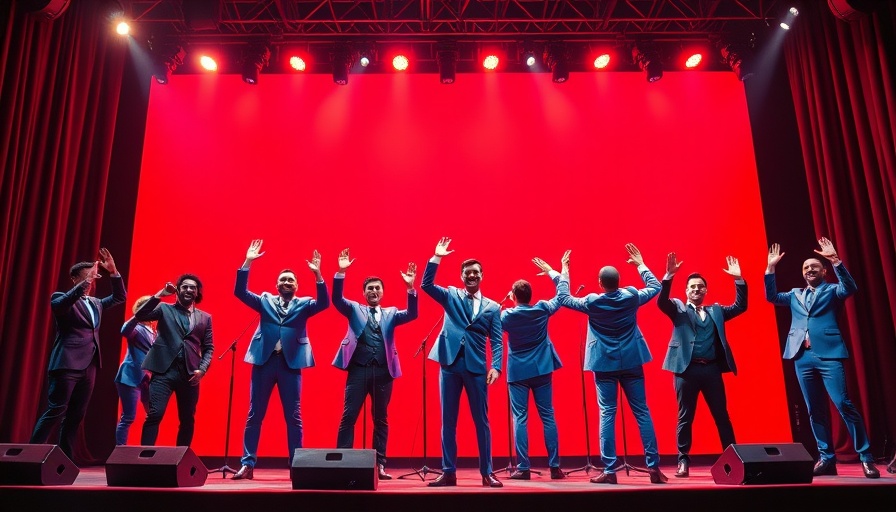
Suspension of Harvard-Radcliffe Orchestra: A Closer Look
Harvard College recently suspended the social activities of the Harvard-Radcliffe Orchestra (HRO) for the remainder of the fall semester due to serious allegations of hazing. This action marks a pivotal moment for the student group, impacting not just their social gatherings, but also raising questions about the broader culture within student organizations at prestigious institutions.
The Role of Leadership in Hazing Prevention
Federico Cortese, the orchestra's music director, expressed deep concern over the reported hazing incident that allegedly took place during a retreat. He highlighted that while HRO is known for its vibrant and supportive environment, this unfortunate situation showcases the imperative need for student leaders to uphold a zero-tolerance stance on hazing practices. Cortese's remarks emphasize that leadership should not only foster musical excellence but also ensure that all activities adhere to respectful and safe conduct.
Understanding Hazing in Student Organizations
The details surrounding the accusations involve a series of initiation-like activities that a freshman student found troubling. Reports indicate that new members endured blindfolded walks and drinking challenges, which some may view as harmless tradition, but in reality, stem from a culture that often trivializes the effects of hazing. Such experiences can have a profound psychological impact, making it crucial for organizations like HRO to reassess their initiation practices.
The Impact of Hazing on Campus Culture
Hazing is a prevalent issue across many universities, often shrouded in secrecy and misconstrued as a rite of passage. The suspension of the HRO serves as a reminder of the ongoing need to address this critical issue decisively. Higher education institutions are increasingly reinforcing strict anti-hazing policies, reflecting a cultural shift where student safety and well-being take precedence over outdated traditions.
What Lies Ahead for the Harvard-Radcliffe Orchestra?
Following this suspension, Cortese assured the Harvard community that while social activities would be on hold, academic rehearsals and concerts will continue under the modified classification of Music 110. This adjustment illustrates the orchestra's commitment to maintaining its artistic integrity, even amidst controversy. The university’s ultimately supportive stance might serve as a beneficial model for other organizations grappling with similar issues.
While the immediate future of the Harvard-Radcliffe Orchestra’s social life remains uncertain, the overarching dialogue this incident has ignited can lead to meaningful change. As student organizations reflect on their cultures, there is a unique opportunity to cultivate an environment rooted in mutual respect and genuine camaraderie.
To learn more about how Harvard is addressing hazing and creating a better campus culture, please stay informed and engaged with the conversation around student safety.
 Add Row
Add Row  Add
Add 




Write A Comment